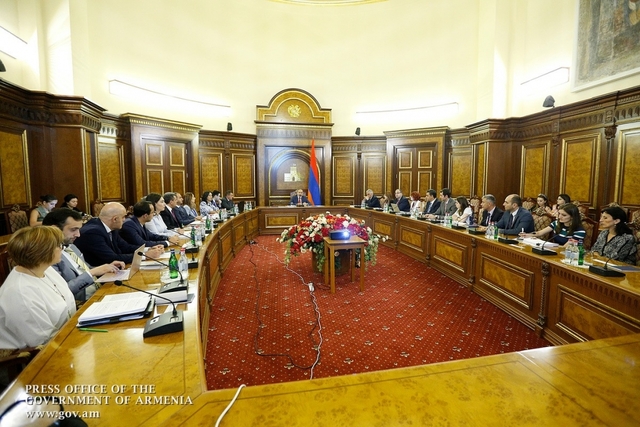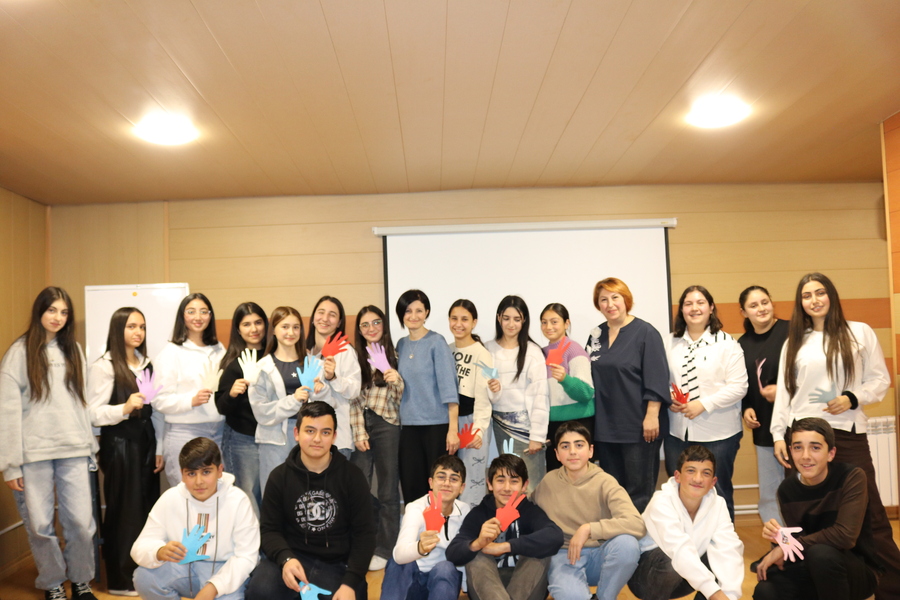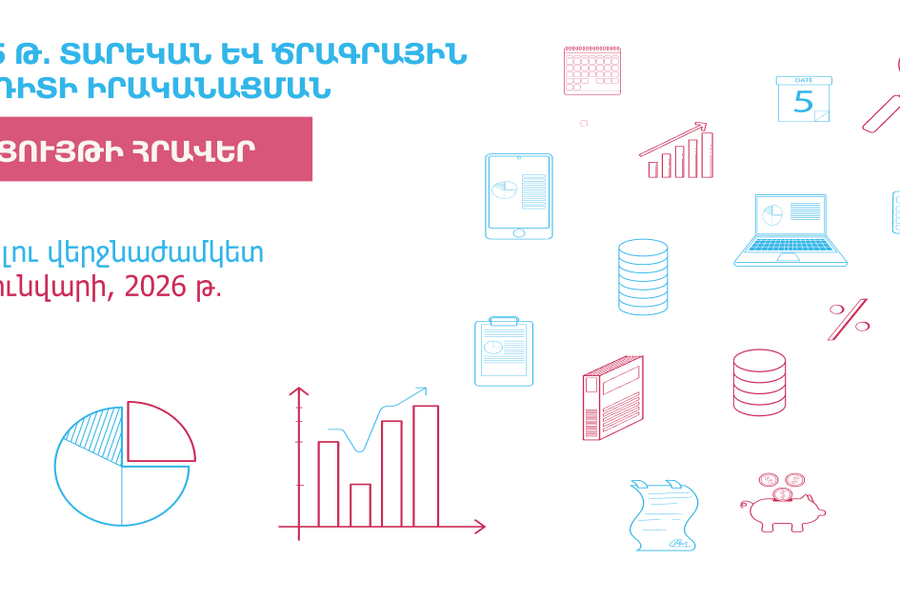“Our government will be consistent in the fight against corruption, and compromises are ruled out here” - Anticorruption Policy Council holds regular meeting
Chaired by Prime Minister Nikol Pashinyan, the Anticorruption Policy Council today held a regular meeting in the Office of Government. The meeting was attended by MPs, heads of state agencies, representatives from interested structures, the Prime Minister’s Office and NGOs, including Sona Ayvazyan, Executive Director of TIAC.
Greeting the meeting participants, Prime Minister Pashinyan said he would like to make a few points before moving on to the agenda.
Within the framework of the agenda, the Minister of Justice Rustam Badasyan presented the anticorruption strategy of the Republic of Armenia and the revised program of measures for its implementation in 2019-2022, touching upon the main directions of the Anticorruption Strategy. the development of the
- anticorruption institutional system,
- the prevention of corruption,
- the detection of corruption crimes,
- anticorruption education and awareness raising, as well as the implementation of the steps planned in these areas.
In particular, as part of the anticorruption institutional system, it is planned to set up an anticorruption committee, a commission for corruption prevention, specialized anticorruption courts and a department in the General Prosecutor’s Office for investigation of corruption crimes.
The key areas for preventing corruption are as follows: reforming the declaration system, declaring expenses, identifying per-sector risks, developing an action plan, strengthening integrity and introducing e-government tools to simplify administration.
For the detection of corruption crimes the strategy provides for the definition of a list of corruption offenses in accordance with the Criminal Code, the provision of criminal liability for legal entities, the development of an institution for the confiscation of illegally acquired property, the development and application of a methodology for investigating corruption offenses, the creation of a centralized register of bank accounts.
In the system of education and information, it is planned to introduce anticorruption education in high schools and universities, training personnel, as well as developing and implementing annual public awareness campaigns.
The Ministry of Justice shall act as the coordinating authority for this process. A preliminary financial assessment of the total needs is 16,528,044,400 drams.
In conclusion, the Prime Minister noted that the discussions had taken note of the opinions and recommendations presented by the stakeholders, part of which were accepted, and the time had come for the document to be approved as soon as possible in order to proceed with its implementation.
See press release of the Prime Minister's Office






